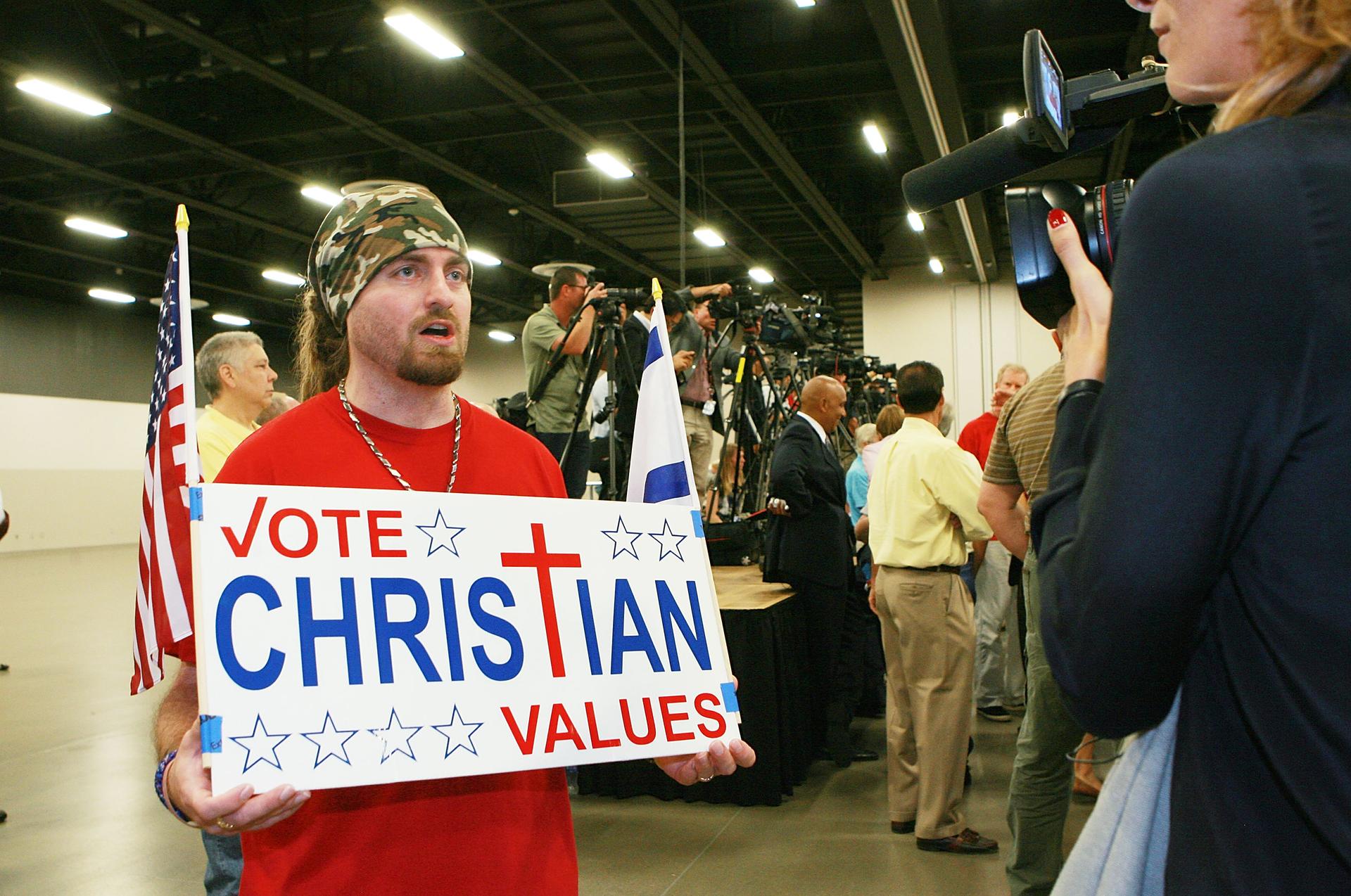America is divided — and that’s by design
A man holds a sign for Republican presidential candidate Dr. Ben Carson at a campaign rally on September 22, 2015 in Sharonville, Ohio.
Trust is a fragile thing. Hard won, easily lost, that much harder to regain.
Trust is what lets you enter into relationships with friends, lovers and business partners. It’s what lets you walk down the street and go to farmers markets, concerts and sporting events, knowing that you’ll be safe among strangers. You’ll be fine.
Trust is also part of what lets a democracy function. Trust in democratic institutions, formal and informal — the integrity of the vote, the balance of power, the role of serious journalism, the idea that — while politics can be a dirty business, most people play fair, most of the time.
That includes accepting when the other side wins, and respecting the rules of the game. It includes not calling into question the integrity of the very system in which you serve.
oembed://https%3A//www.youtube.com/watch%3Fv%3DfAkumy7_Pbc
But the man who is about to become president spent years claiming his predecessor wasn’t an American citizen — when he is, and always has been. Candidate Donald Trump said repeatedly that the system is rigged, and that he might not accept the election results unless he won. He insinuated that his supporters should think about taking out the other candidate, if she won. Since being elected, he has questioned the competence and integrity of the US intelligence community. He has nominated heads of government departments who are on record saying they’d like to gut or get rid of those very departments.
And he has regularly denigrated journalists — real journalists — while staying apparently sanguine about the fake news that his supporters shared around during the campaign, to help gain support. Ironically, purveyors of fake news loved Donald Trump, because his supporters were willing to believe just about anything that made him look good, and his opponents look bad. When unverified documents were released, suggesting that the Russians have dirt on him, he called it disgraceful fake news, and releasing it was like what Nazi Germany used to do.
He appears to be much more concerned about the making public of those documents, than of the US intelligence community’s unanimous finding that Russian leader Vladimir Putin ordered and oversaw a covert campaign to throw the US election to Trump.
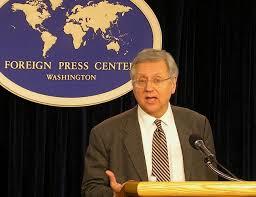
“This is a time of testing of our democratic system” says Thomas Mann, a senior fellow at the Brookings Institution, a scholar who for half a century has studied and written about American governance. “This is the first real threat we've had in a long time, and will the institutions and rules and norms be sufficient to keep us from falling the way of many other countries toward a more authoritarian leadership.”
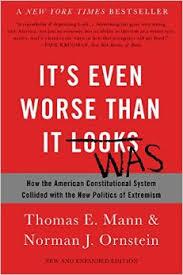
“Perhaps the most worrisome is the absence of acceptance of facts and truth — even science,” Mann says. “It's the dispute among elites and with ordinary citizens about what should be taken as the basis of beginning a conversation. Donald Trump has set new records in espousing all kind of thoughts that are patently untrue. And it doesn't bother him one bit and he may or may not know it is when he's making those statements. It's kind of Orwellian.”
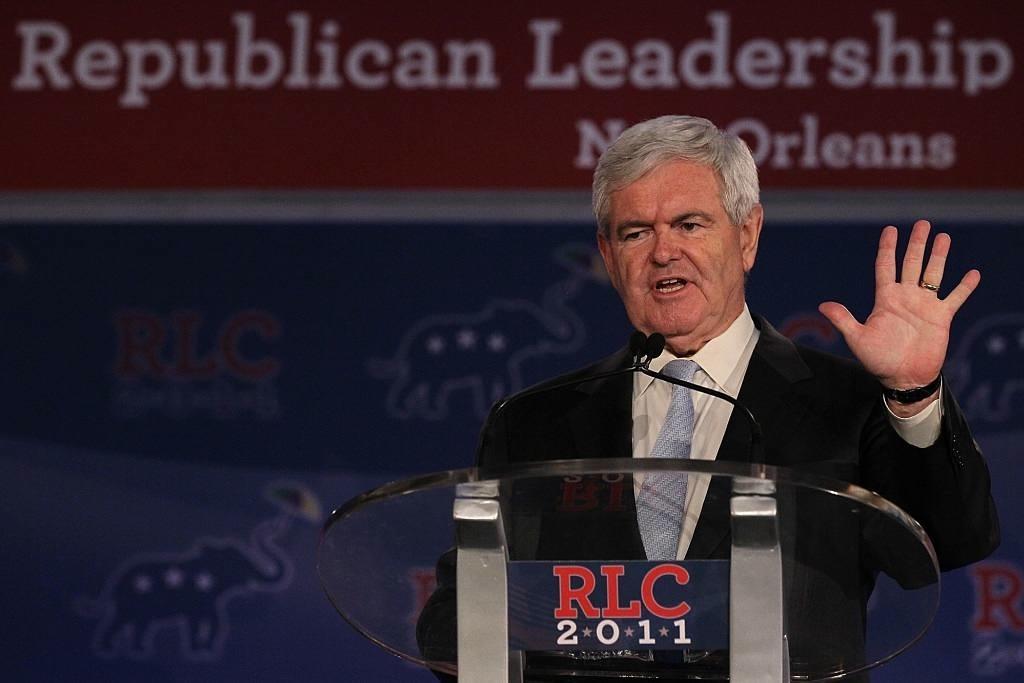
But the rot didn’t start with Trump, Mann and Ornstein argue in their books. Rather, they say, it started as a deliberate strategy by some Republicans almost four decades ago, to pry away from the Democratic Party the lock on Congress they’d enjoyed for the four decades up to that point. Mann says he and Ornstein first encountered the idea for the strategy when interviewing a newly elected House representative after the 1978 midterm election — Newt Gingrich.
“Newt outlined a strategy to achieve that objective by basically destroying the legitimacy of Congress as an institution and the people who occupy it, and lowering public trust in government,” Mann says. “He thought the only way to throw off the majority Democrats was to discredit the institution and their leadership of it. And he worked hard at it and created the Conservative Opportunity Society, some of which was substantive and ideological. But mainly he was out there recruiting and training candidates in the best ways to demonize their opponents.”
Part of the strategy was to discredit the legitimacy of Congress; part of it was to discredit the mainstream media, and offer an alternative worldview, set of values and narratives via a range of new, conservative media. Fox News, Rush Limbaugh and other new conservative radio shows soon emerged.
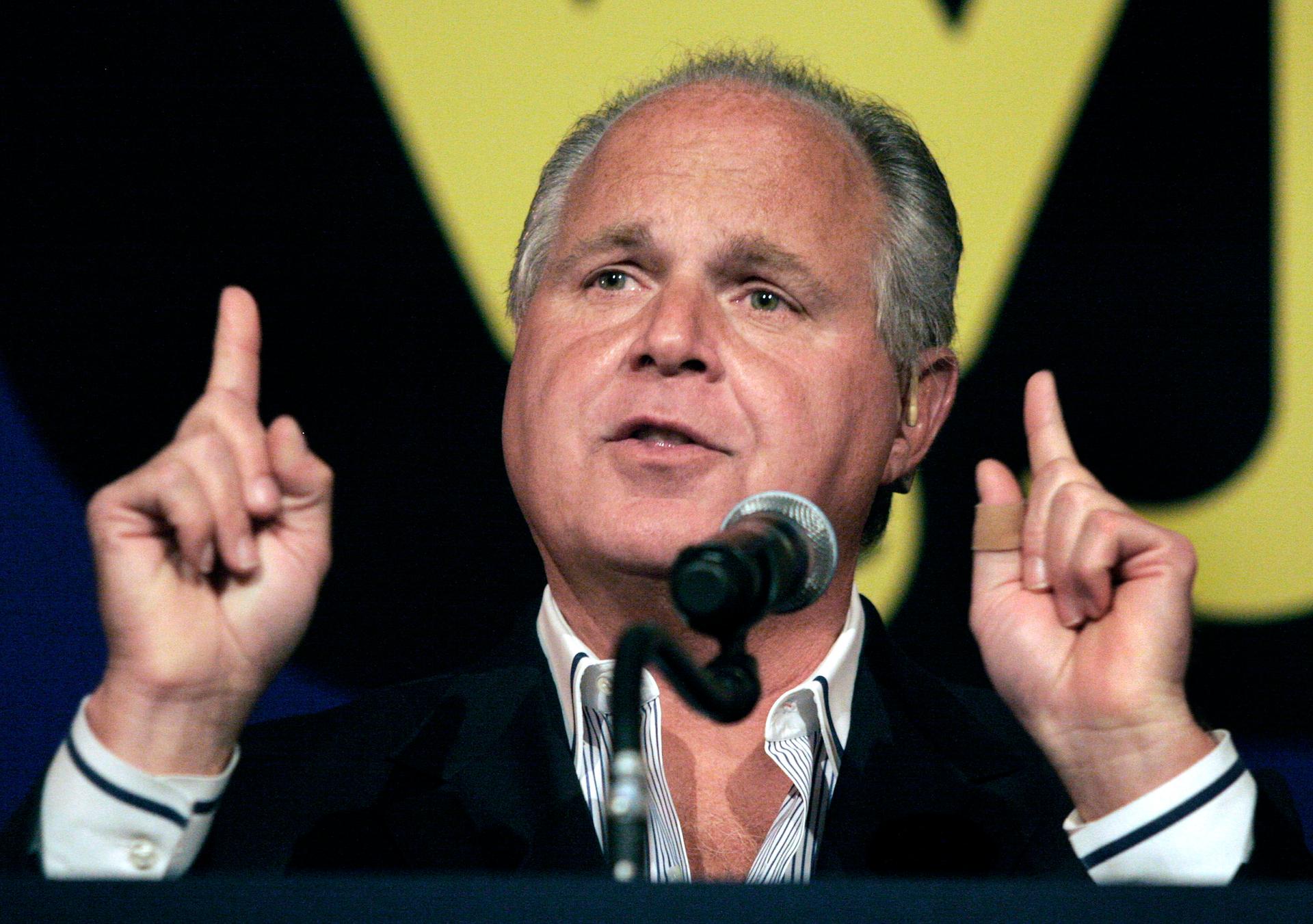
Mann says it has troubled him, especially in the most recent presidential campaign, that journalists and commentators treated the two parties as though they both do the same thing, in roughly equal measure.
“Because the parties aren't the same, especially in this period. They've operated very differently. They have different value,” he says. “It's the Republican Party that has really tried to weaken the institutions of government and to break the norms of our democratic system.
Mann says he and Ornstein have approached their work not as partisans but as scholars, looking at the evidence. He thinks more journalists and public commentators should do the same.
“We believe the public was disserved by emphasizing the importance of equivalence and treatment that doesn't mean you treat one fairly and the other unfairly,” he says. “It means you treat them both fairly and honestly. And if there are real important consequential asymmetries between the parties, then, you’d do well to speak up.”
The problem is, Mann says, the strategy that Gingrich outlined almost 40 years ago, to undermine trust in democratic institutions, has worked so well that many Americans no longer know who or what to believe.
“People have separated on tribal grounds, with strong social, cultural and partisan identities, and they tend to believe what they hear from their own echo chamber and reject everything else,” he says. “The problem is less in the stimulus, because we've always had disputes that had lots of lies and untruths in them. But you hoped over time there were at least enough ordinary citizens out there who would be moved by just sort of practical evidence and logical reasoning, and come up with the right thing. But now we see it's too tribal for that to happen. And that creates opportunities for very different kind of forces to operate in a democracy.”

America’s democracy has been tested and has proven resilient in the past, albeit with significant rough patches — the Civil War, the McCarthy Hearings, Jim Crow laws. Historians may look back on this era as another of those rough patches. Or it could turn out to be a different kind of era altogether.
“You know, populist movements have succeeded in changing democracies into autocracies all around the world,” Mann says. “And it all starts with a successful election. And these are not coups or revolutions. And it seems to me one of the jobs and what I will be working on over this next year is trying to develop indicators and signs of what's illegitimate in American democracy and where it's appearing. And it's time for using public shame on such things and riling up people about the right kind of issues and it won't be easy. But I think it's going to take a more vigilant public. Obviously some people are not at all engaged in politics and don't care about it. The hope is there's enough of a more attentive activists concern segment of the public that can be active and in so doing help preserve a democratic system that's carried us 240 years.”
